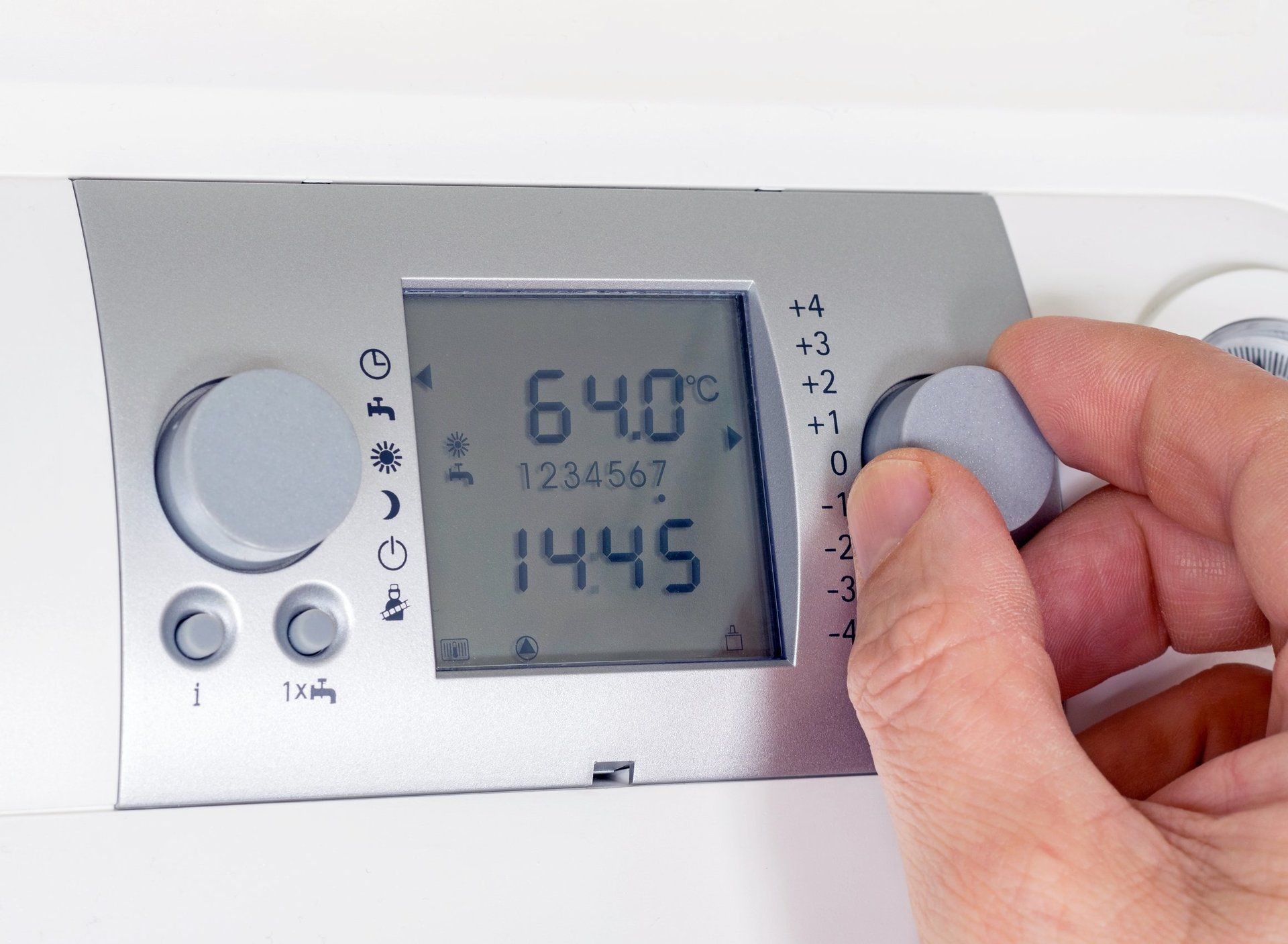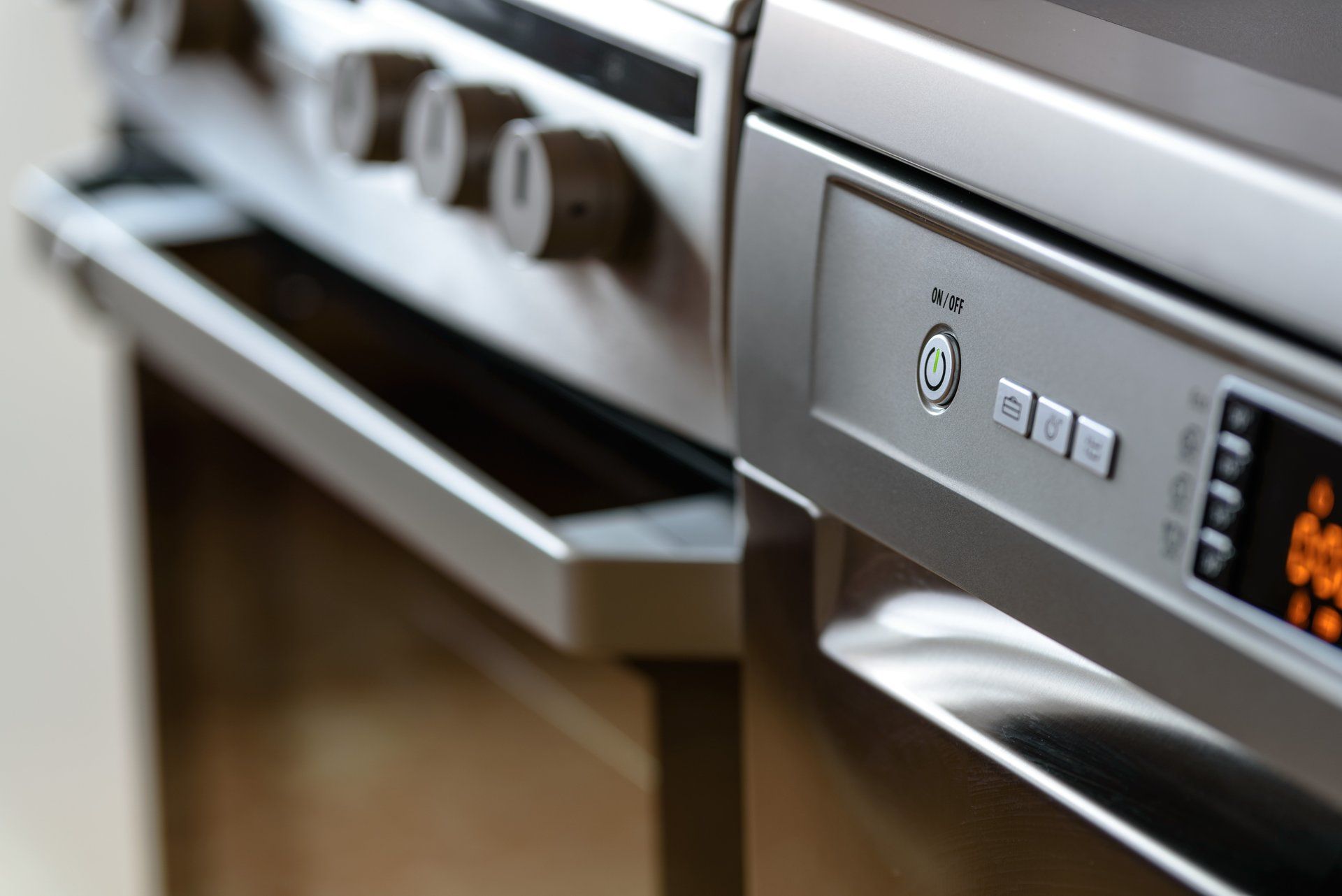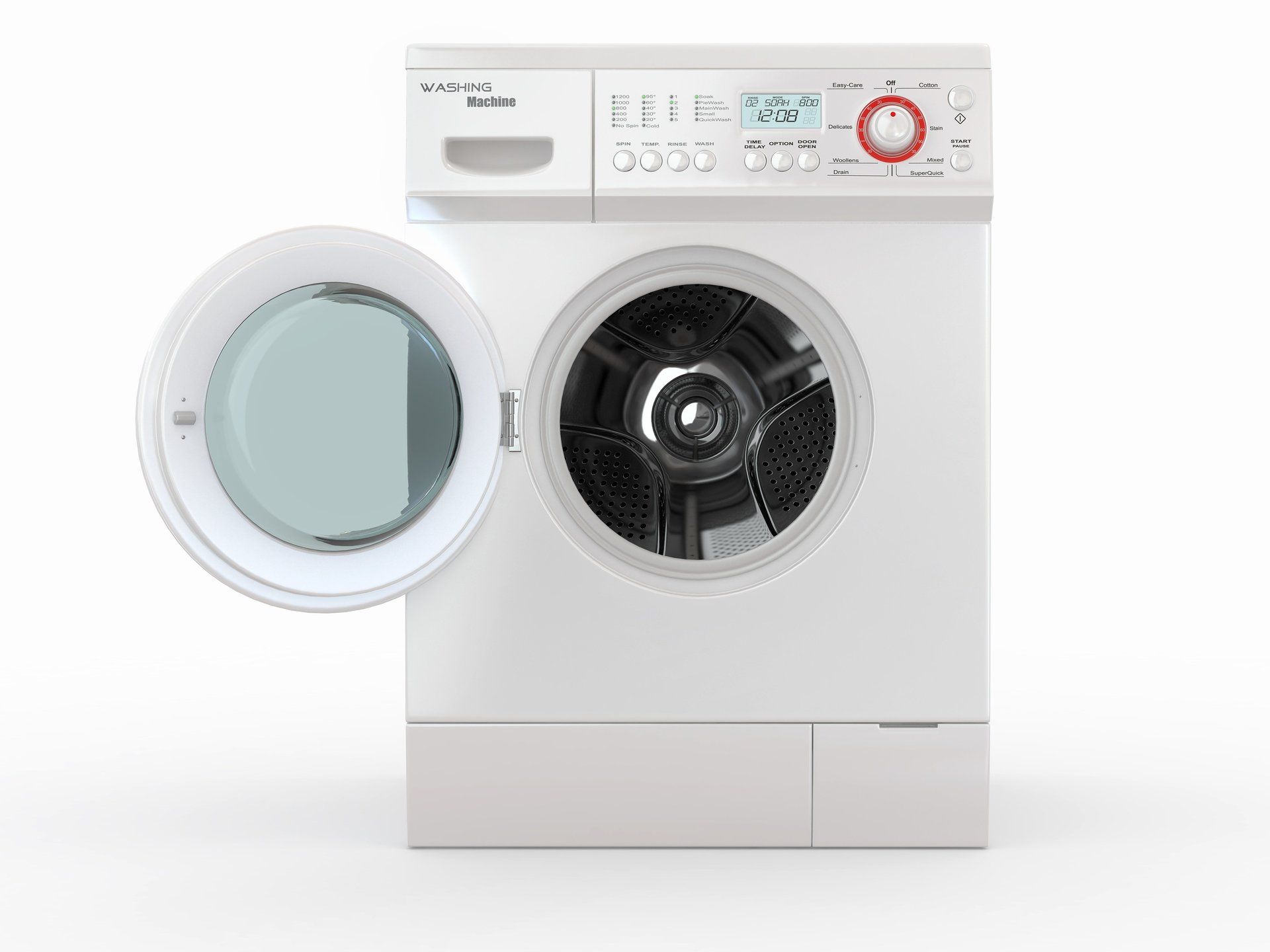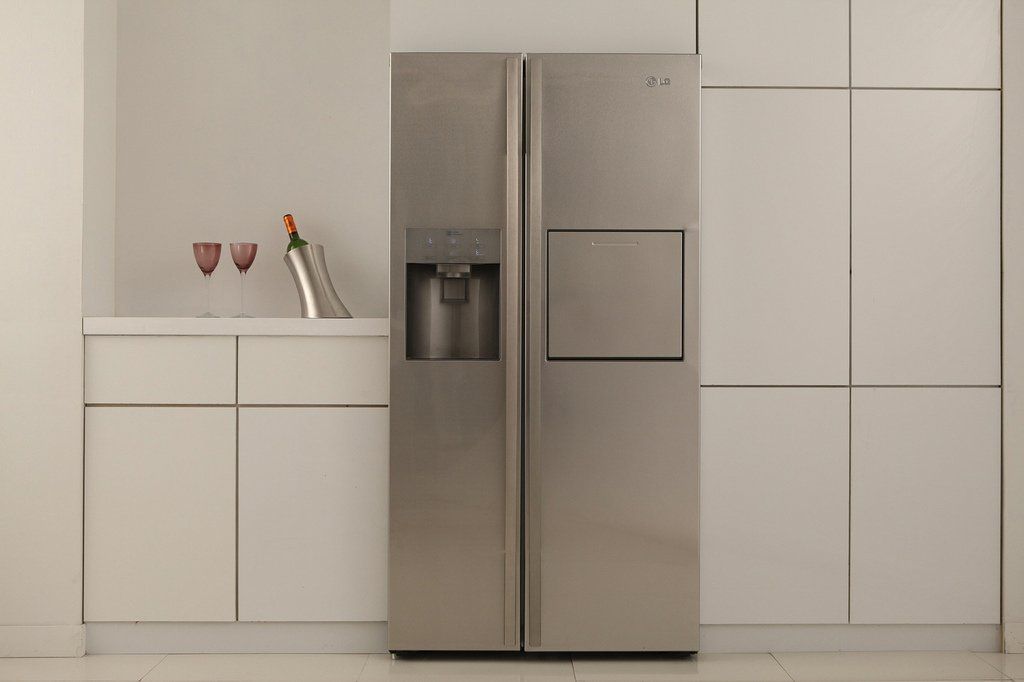No problem!
& efficient service!
3 Electrical Fire Hazards at Home
- By Tonya Davis
- •
- 18 Dec, 2017
- •
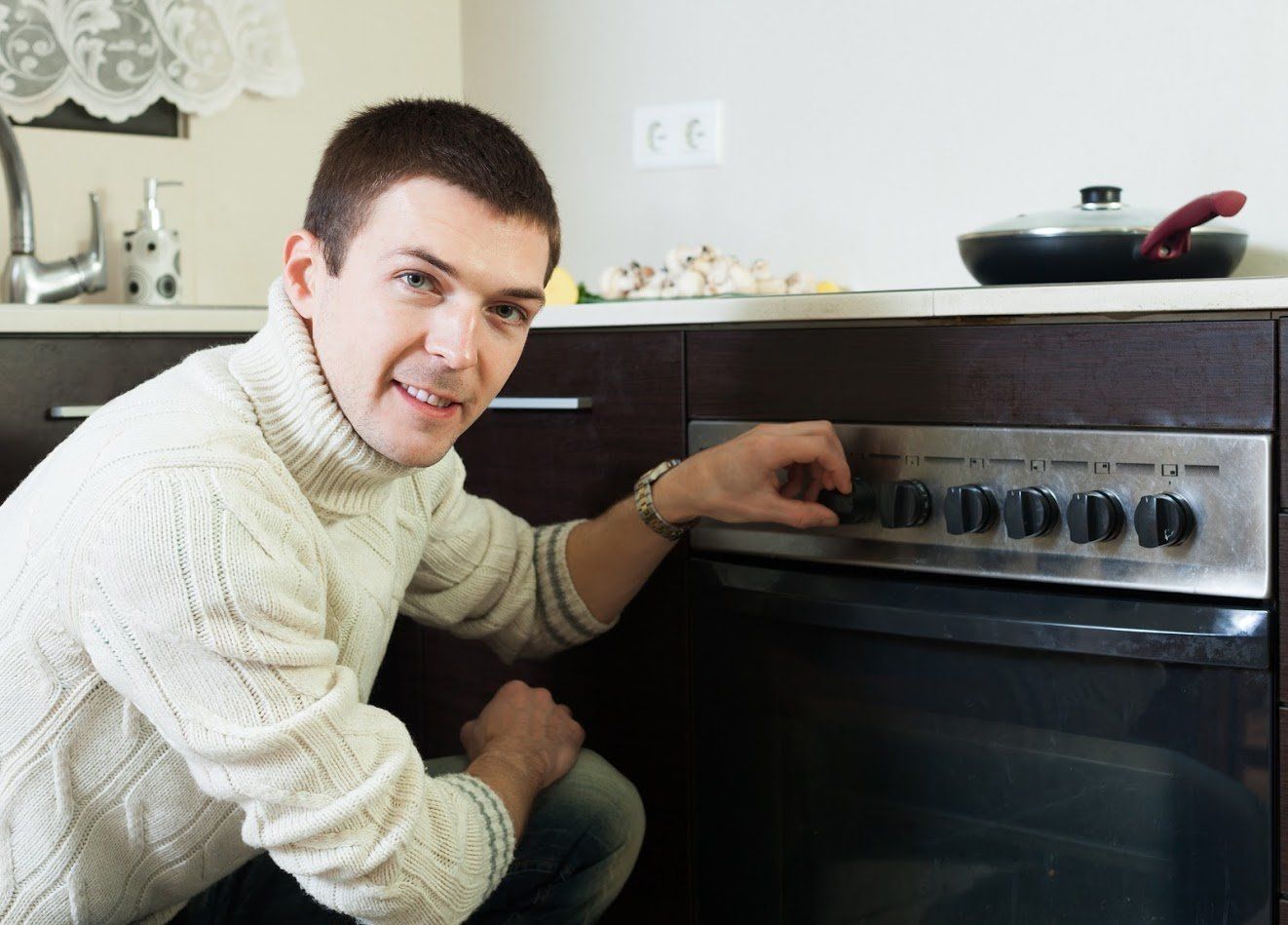
However, when it doesn't work correctly, your home's electrical system can go from one of life's greatest conveniences to one of your home's greatest hazards. According to statistics reported in January 2017, a home fire occurs in Queensland every 4.63 hours—and faulty wiring and other electrical hazards caused the majority of those fires.
Don't let faulty wiring or overloaded sockets change your life in an instant. Instead, keep reading—in the blog below, we'll introduce you to some of the most common hazards with home electrical systems so you can reduce your risk of experiencing a home fire.
1. Old Wiring
According to an audit by Master Electricians Australia in 2011, around one in five Queensland homes were at a serious risk of home fires due to old or faulty wiring. Since you can't see the wires hidden behind your home's walls, pay attention to these key signs:
- Your lights flicker even after you change or replace the bulbs, or else you have to flick the switch several times before the light turns on.
- T you have to unplug your other major appliances.
- You have to unplug your other major appliances to enable a major appliance like a washing machine to work.
- When you touch a light switch or turn on an electric appliance, you feel a tingling sensation in your fingers or even a light shock.
- You have to reset your circuit breaker as frequently as several times a week.
All homes built after 1991 in Queensland had safety switches installed. These switches shut off the electricity automatically as soon as they detect a problem with the wiring. However, if your home was built before 1991, you likely don't have any safety switches in place.
If you didn't book an electrical inspection before you bought your older home, schedule one with an electrician who can evaluate your home's wiring, see if it has any safety switches and recommend upgrades as necessary.
2. Frayed Cords
If a cord is out of sight, it's also out of mind, which is a problem when you use old cords to connect major appliances to a socket. As the cords age, they fray and expose the cord's wires. The wires can spark or transfer heat to surrounding flammable objects.
Check out-of-sight cords frequently to make sure they aren't fraying. When you hook up a new appliance, don't run the cord near flammable material, including running the cord under a rug.
3. Overloaded Circuits
Plugging too many extension cords into one socket can supersede the amount of electricity each circuit can handle. When this happens, the circuits can spark and set flammable materials ablaze. Overloaded circuits are also at risk during lightning storms or other situations that could shock the system and further overload it.
It's simple to avoid sparks from overloaded circuits—just don't plug too many cords into one socket. Don't plug any other appliances into sockets that already power a large appliance like a dryer or washing machine. Finally, make sure not to plug an extension cord into another extension cord.
Circuits can also overload if they experience a power surge, like in a lightning storm. You can avoid this problem by investing in surge protectors, which moderate the electrical current flowing through your circuits.
Avoid Electrical Fires—Contact Professionals Today
Worried about old wiring? Want to schedule an inspection to ensure your wiring and appliances are up to date? Then get in touch with Paul Matters Electrical. We service customers from Noosa to Twin Waters and beyond.

Electrical Contractors Licence Number: 55186
Refrigerant Handling Licence: LO28209
Phone: 07 5449 7133 / 07 5449 8476
Email: paulmatt@westnet.com.au



